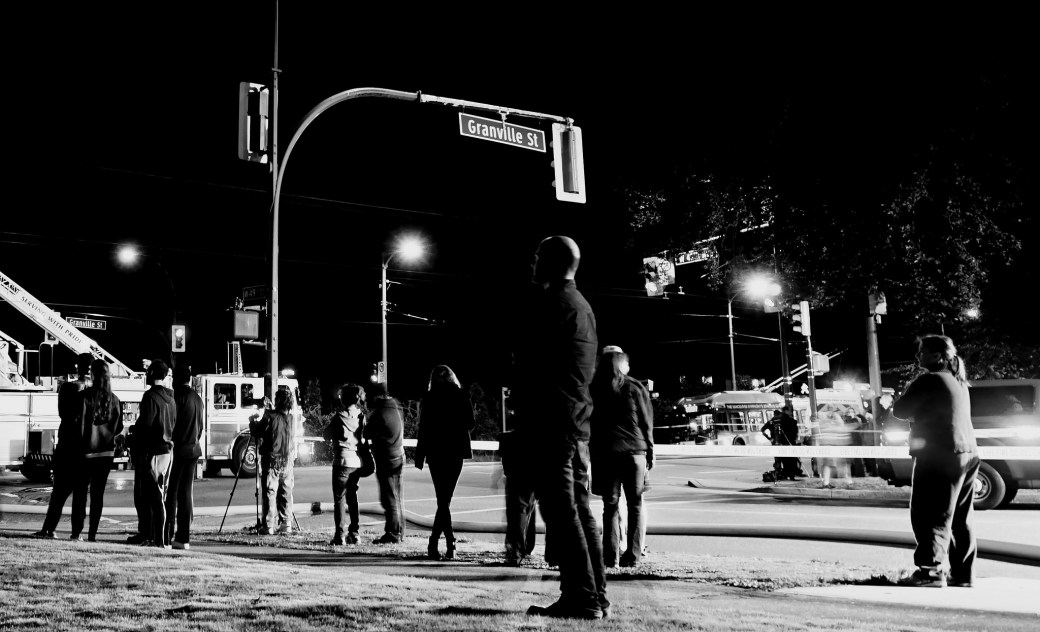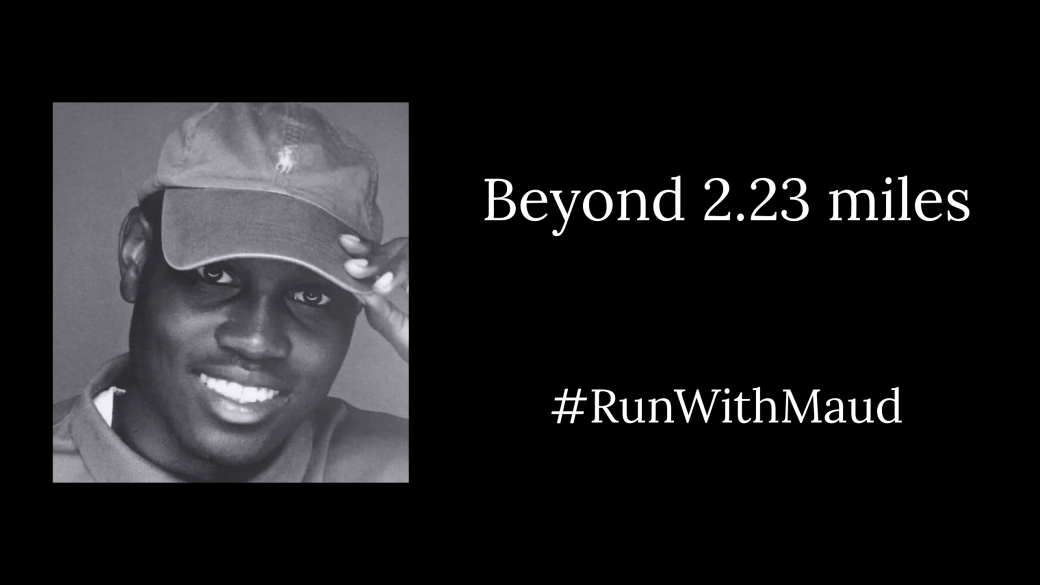
Many of us lamented and engaged #RunwithMaud last weekend. I love the solidarity that these actions express for Ahmaud Arbery, his family, and the wider African American and African diaspora. It is an incredible picture of how our collective voices can make a difference. On Thursday, May 7, over two months after Ahmaud was brutally shot and killed, we learned that formal charges were brought against Gregory and Travis McMichael. Yes, if you didn’t know it, Ahmaud was murdered in a modern day lynching, and nothing happened for weeks. That it took a 36 second video surfacing onto the internet to move our justice system into action only goes to show how broken and corrupt our world has become. So while it is encouraging to know that the video, along with our voices and advocacy, have led to formal charges, I’m also holding out on celebration.
Far too often, we have seen initial charges turn into dissipating wisps of smoke.
This has happened again and again – murderers walking back into our society due to unjust systems and power being used to benefit evil. It’s maddening, and it’s tiring. And while these realities no longer surprise me, they still haunt me and so many other POCs in our country, especially and most directly our black brothers and sisters. In fact, since Ahmaud Arbery’s murder, other deaths and killings have happened, including Sean Reed and Breonna Taylor.
The road to justice didn’t begin with Ahmaud, and it won’t end after you’ve finished your 2.23 mile run.
It is a weathered and tired road that has been traveled upon by American Indian warriors, black revolutionaries, brown change makers, white advocates, refugees at our borders, and forgotten friends who will never show up in the history books of the dominant culture. It’s an earthy road marked with suffering and death and yet destined for renewal and glory. As Jesus once said, “Small is the gate and narrow the road that leads to life, only a few find it”. This road to life winds and weaves through an unjust landscape built on white supremacy and colonialism, providing obscure on-ramps to any who would seek its path toward God’s peace and justice.
#RunwithMaud can serve as one of those on-ramps – but only if we can go beyond the laps around the neighborhood. When it comes to justice for Ahmaud and so many countless others, don’t stop after 2.23 miles.
2.23 miles are not the end. 2.23 miles are merely the beginning of the long road to justice.
Steps toward Justice:
1. Grow in your awareness.
Do the work of educating yourself:
– Read books on racism and culture written by non-white authors.
– Listen to podcasts that engage justice, racism, power, and culture.
– Follow indigenous and POC influencers.
– Exercise curiosity when engaging across differences.
For those in the ATX metro area, register for Beyond Colorblind, a class meant to help you grow in awareness, advocacy, and action. Starts on May 17th at 7 pm and meets weekly Tuesdays for 6 weeks.
To register for Beyond Colorblind Online class, click here.
2. Acknowledge unconscious bias and prejudice.
None of us have arrived. When it comes to how we view, treat, and uplift the image of God in our fellow brothers and sisters, we all have work to do. Beyond exercising our feet, we need to exercise humility. Each and every one of us can come off as insensitive and/or offensive on any given day, even if you didn’t mean it that way. Acknowledging this reality allows us to grow with each other and loosen the hold that evil can have between us.
3. Challenge the narrative of white supremacy.
Whether you’re black, brown, white, Asian, biracial, or multiracial, we all need to come together against racism and white supremacy. Speak up. If you’re white, we especially need you to use your voice. Every time you remain silent in the face of racism and injustice, you give permission to others to trample on the lives of people created in the image of God. Speak out against racial prejudice and hate. Stand with POCs when they’re mistreated, abused, or harmed.
And remember: our enemy is not the person who is consumed with hate; our enemy is the evil that has taken root within individuals, families, and communities. We are in this together, and all of our voices are needed for repentance, change, healing, and justice.
4. Actively work with others to change unjust systems.
Whether it’s through your work, your advocacy, or your vote, consider how your engagement and influence can help shape culture, change laws, and cry out against injustice. We need people who are willing to call their representatives and demand change. We need people who are willing to do the hard work of developing cross-cultural skills and community accountability. And we need people who are humble enough to be guided by those who have engaged this work before us. Show up, listen, and learn to leverage your influence for the flourishing of all people, wherever you may go.
Micah 6:8
The Lord God has told us
what is right
and what he demands:
“See that justice is done,
let mercy be your first concern,
and humbly obey your God.”
5. Rest well.
This is not a sprint. It’s a marathon. Rest well, know that you’re not alone, recognize that you are not the next Jesus, and set healthy boundaries that respect your humanity.
Matthew 11:28 – 30
“Come to me, all you who are weary and burdened, and I will give you rest. Take my yoke upon you and learn from me, for I am gentle and humble in heart, and you will find rest for your souls. For my yoke is easy and my burden is light.”
6. Be a friend to those who are not like you.
You’d be surprised how far a friendly gesture can go. As a Chinese-American navigating the realities of COVID-19, I’ve gotten a marginal snapshot of what it feels like to have to be vigilant when I’m out in public. With hate crimes on the rise against Asians and Asian Americans since the pandemic hit our nation, I’ve walked my neighborhood a bit more guarded, not knowing when and if someone might hurl an insult or enact violence against me and my family. Such thoughts are not baseless as the FBI has seen a dramatic surge in hate crimes, which have included stabbings, physical violence, and more. Now more than ever, being a good neighbor can mean the world to someone who is different from you.
Matthew 22:37-39
Jesus replied: “‘Love the Lord your God with all your heart and with all your soul and with all your mind.’ This is the first and greatest commandment. And the second is like it: ‘Love your neighbor as yourself.’ All the Law and the Prophets hang on these two commandments.”
7. Being “not racist” is not enough. Engage in anti-racist work and train the next generation.
I don’t know how many times I’ve heard well-intentioned people saying, “Well, I’m not racist.” News alert – I’m glad that made you feel better about yourself, your church, or your organization. Now get past yourself and do the work with us: Choose out of silence. Use your voice and influence. Call your representatives, engage in advocacy and activism, rally for change in our laws, and consider how your vote matters. Teach and train the next generation to uphold the dignity of all people and stand against evil. Unless you are working against racism and being anti-racist, you might actually be part of the problem. MLK Jr. said it best in his Letter from a Birmingham Jail:
First, I must confess that over the past few years I have been gravely disappointed with the white moderate. I have almost reached the regrettable conclusion that the Negro’s great stumbling block in his stride toward freedom is not the White Citizen’s Council-er or the Ku Klux Klanner, but the white moderate, who is more devoted to “order” than to justice; who prefers a negative peace which is the absence of tension to a positive peace which is the presence of justice; who constantly says: “I agree with you in the goal you seek, but I cannot agree with your methods of direct action”; who paternalistically believes he can set the timetable for another man’s freedom; who lives by a mythical concept of time and who constantly advises the Negro to wait for a “more convenient season.” Shallow understanding from people of good will is more frustrating than absolute misunderstanding from people of ill will. Lukewarm acceptance is much more bewildering than outright rejection.
If you’re still here, let’s get your shoes back on and your feet back on the road. The race toward justice continues on.
Note: Suggested resources (books, podcasts, and more) to be listed in the near future.


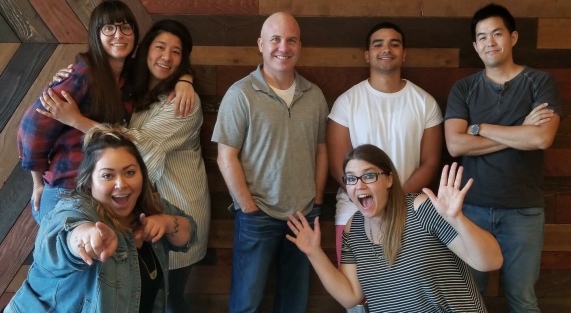
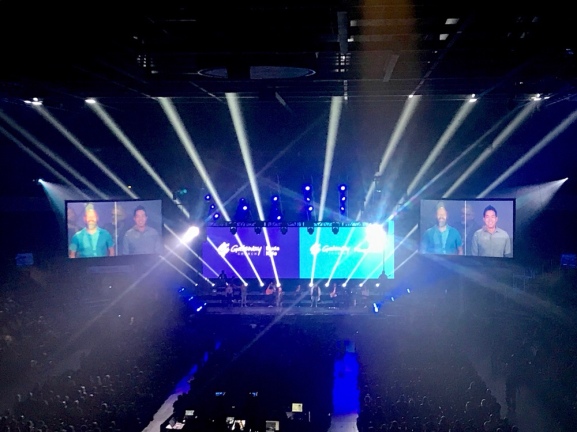

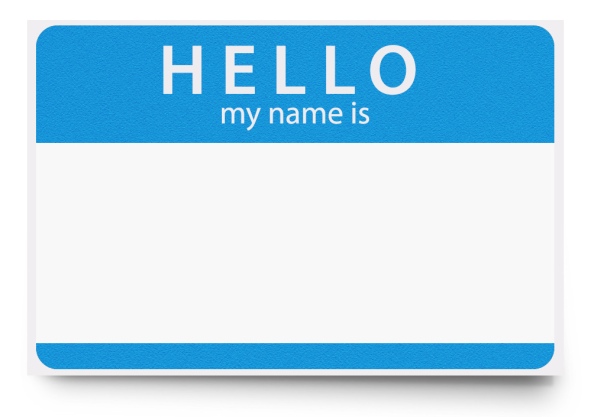
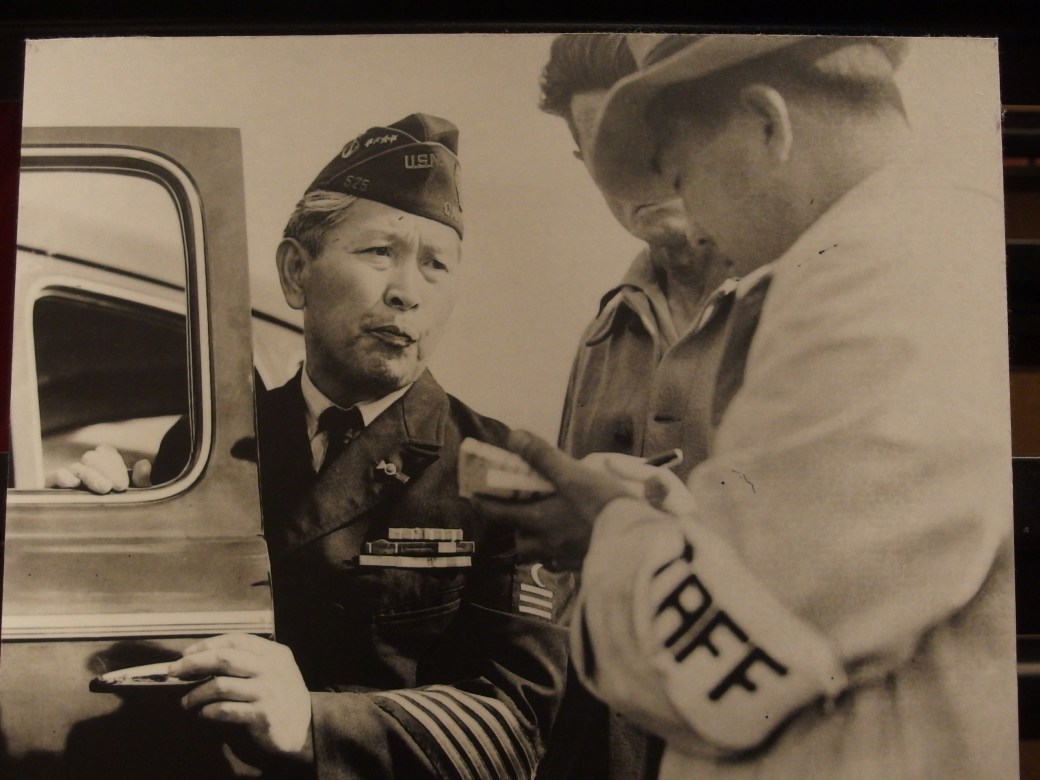 A Japanese American WWI veteran reporting to the Santa Anita Assembly Center after EO 9066.
A Japanese American WWI veteran reporting to the Santa Anita Assembly Center after EO 9066.

